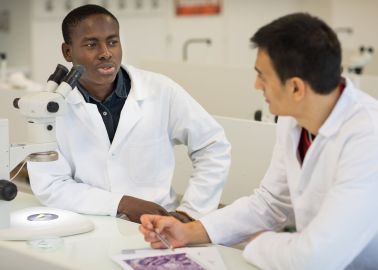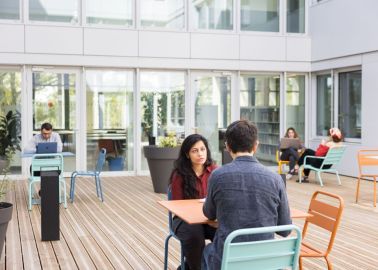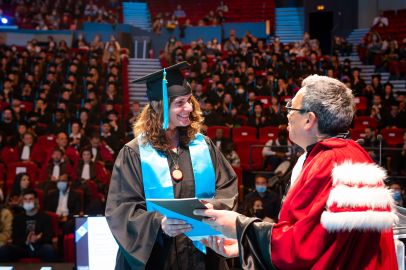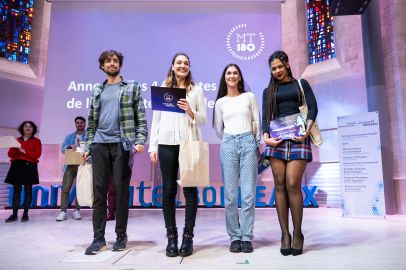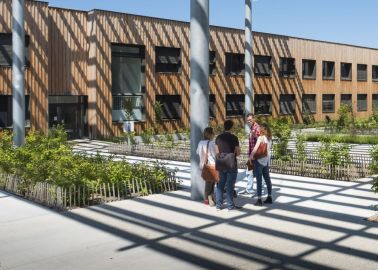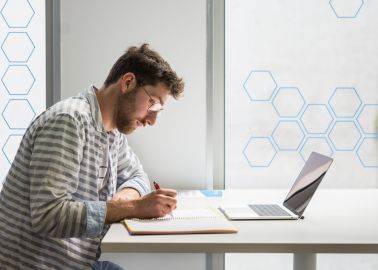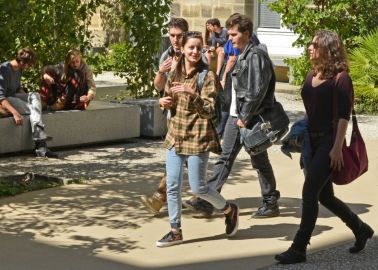
Être admis en doctorat
Il existe de multiples sources de financement d'un doctorat. En fonction de ces sources, les conditions de candidature et les procédures d'admission en doctorat au sein d'une école doctorale de l'université de Bordeaux peuvent varier.






